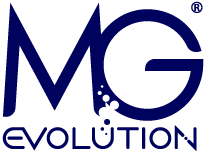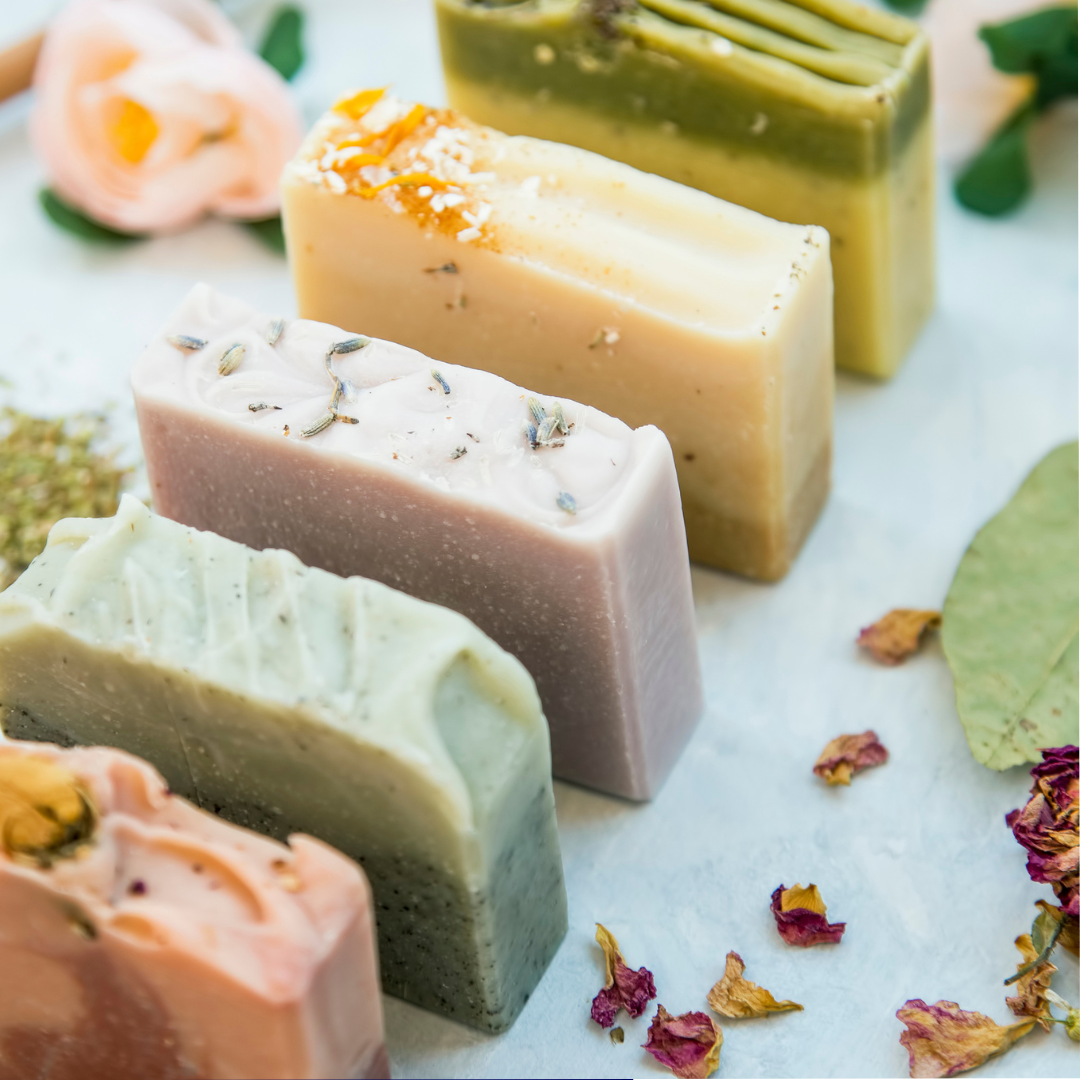Will Poles embrace buying cosmetics without packaging? This trend is gaining popularity worldwide, and an increasing number of cosmetic companies are moving towards more environmentally friendly solutions. Will packaging-free cosmetics become commonplace?
The packaging-free trend – not only in food anymore
The sale of packaging-free products is gaining popularity. Companies from various sectors, including drugstores and supermarkets, are starting to offer products by weight, which is a step towards reducing the amount of plastic and single-use packaging. This approach not only reduces waste but can also lead to significant turnovers in retail.
Logistics and packaging-free products
Transitioning to packaging-free sales requires appropriate logistical solutions. FM Logistic conducted a pilot project in France to understand the impact of this model on the supply chain. The results indicate that environmental benefits are achievable if the supply chain is sustainable and tailored to specific products.
Economics and ecology
An analysis of the pilot report conducted by FM Logistic showed a significant reduction in packaging costs for reusable plastic containers and cardboard containers with a capacity of up to 20 kg. Although cardboard packaging may initially seem cheaper, in the long term, plastic containers are more cost-effective, posing a challenge for manufacturers in terms of sustainable development.
Packaging-free cosmetics – reality or challenge?
Many consumers associate packaging-free cosmetics with the company LUSH. These British cosmetics are handmade in a zero waste spirit and sold without packaging. Another example is the company Weleda, which in 2021 conducted a pilot program for refilling cosmetics into customers’ own containers in German supermarket chains. The domestic market can also boast successes in this area: Pollena Ewa has been implementing the principles of the less waste strategy for years by selling liquid soaps and bulk detergents in its company stores in Łódź and Zelów. The real revolution in the Polish market was initiated by the Yope brand, which introduced a refill option in its Warsaw boutique as early as 2018. Currently, the company offers the possibility of using refill stations in several dozen cities in Poland.
Packaging-free cosmetics can contribute to reducing plastic waste, but they can also bring significant cost savings and improve environmental quality. However, to achieve full success, it requires the commitment of the entire cosmetic industry and cooperation between manufacturers, distributors, and consumers. A separate issue is adapting the business of producing cosmetics in reusable packaging to the new PPWR Regulation, which imposes new requirements on the industry related to eco-design, recycling, packaging labeling, and maintaining appropriate documentation.




